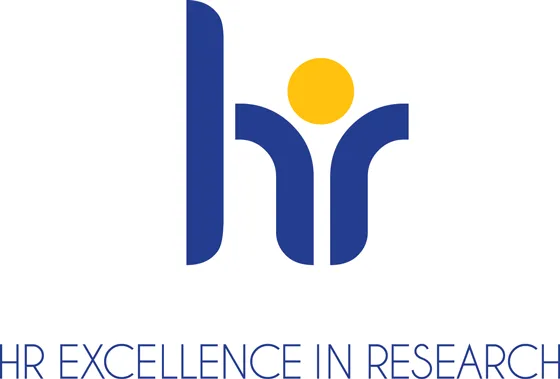Digital Exoplanets

The Astronomical Institute of the Charles University (Prague, Czech Republic) together with University College London (United Kingdom) hosted the workshop "Digital Exoplanets". The meeting took place at the Faculty of Mathematics and Physics at Malostranske namesti from January 27 to 30.
As the name suggests, the program was focused on modelling of exoplanet atmospheres. The specialists from several countries presented their work and during afternoon sessions showed details of their calculations and computer codes, which was informative to attending students in particular. This meeting offered a special opportunity for students and professional academics to learn physics from specialists and how to use their numerical codes, which will be very beneficial for their future work. Slides presented during talks may be downloaded from www.digitalexoplanets.org after 2019 March 1st.
Planetary atmosphere modelling is a rapidly developing field. However, it still has to tackle several new challenges arising from conditions in planetary atmospheres. For example, the complex chemistry has to be taken into account, including mixing, which can support some reactions, but also quench others. When present, clouds introduce huge complications which are difficult to handle numerically. What can not be ignored, is the rotation of a planet. If a planet rotates slowly and is close to its host star, very strong winds are set up between the day and night side. In contrast to stars, the equilibrium of planetary atmospheres is set by the stellar radiation. This means, that having the same planet, but placed at a different distance from the star, the planet will have a completely different atmosphere. To determine the equilibrium in the atmosphere, optical properties of molecules in different conditions have to be known. Most are not yet calculated, or even measured. Planetary atmosphere modelling is therefore complex, but also very interesting and among the challenging problems of astrophysics.
The workshop was supported by COST-MOLIM; CCPQ; MFF UK and DIRAC.
Daniela
Korčáková
Astronomical Institute of Charles University



